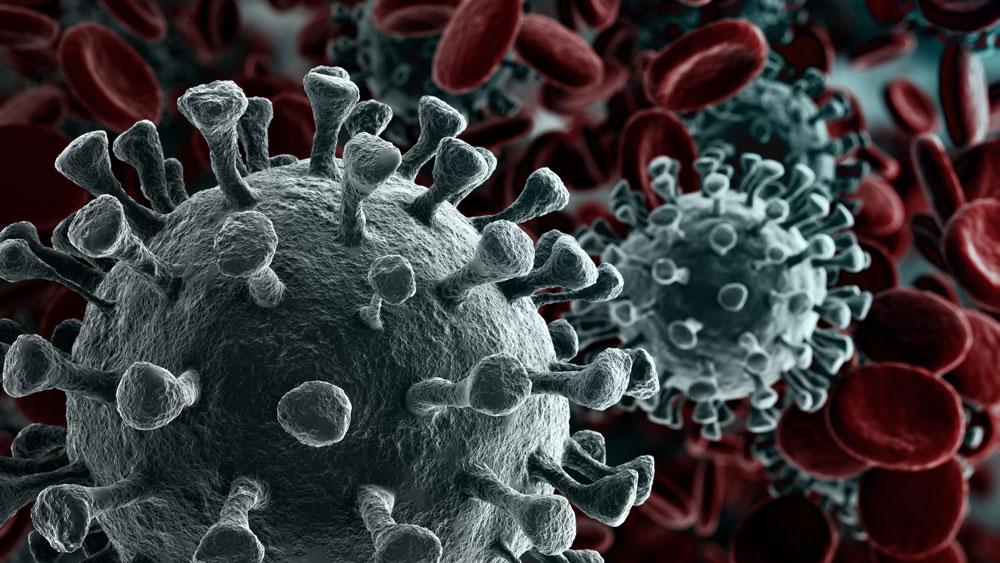COVID-19

Experiences with COVID-19 in Norwegian Nursing Homes
The work on an underlying report regarding nursing homes and experiences related to COVID-19, commissioned by the Coronavirus Commission, has been carried out by a research group from the five centres for care research.
The overall goal of the project has been to gain knowledge about the experiences of Norwegian nursing homes during the COVID-19 pandemic. This includes how prepared they were to handle such a pandemic, the challenges the pandemic has posed, and how nursing homes have practically managed these challenges.
The main questions of the assignment were:
- To what extent were nursing homes prepared for a pandemic?
- To what extent did the staff manage to make adjustments if they couldn't meet the residents' needs as before?
- What priorities played out in practice regarding tasks and care for residents with different needs (both internally and in external collaboration)?
- What experiences did the relatives have in this challenging situation?
Preliminary national data from the Norwegian Institute of Public Health for the first year of the pandemic show that just under 50% of all COVID-19-related deaths have occurred in nursing homes, with a mortality rate of about one-third of COVID-19-infected nursing home patients. Nevertheless, the numbers indicate that only 3% of nursing home residents were infected, and approximately 1% died. In total, 4 out of 10 COVID-19-related deaths in the country's nursing homes occurred in the ten institutions with the most registered deaths. This shows that nursing homes that were initially affected by the virus were severely impacted.
Both the first and second waves of infection, followed by lockdowns, demanded significant reorganization and redistribution of resources. Nursing homes have shown great flexibility in terms of responsibilities and tasks.
Many residents have experienced a greater degree of loneliness than before the pandemic. Several staff members and relatives have expressed concerns about meeting the residents' needs for social contact and everyday activities. They have observed that some residents have deteriorated more quickly, both cognitively and physically, than they did before the pandemic. The study identifies ethical dilemmas related to the care of residents, including issues related to forced isolation without legal decisions and mandatory testing of residents with cognitive impairment and reduced capacity to provide informed consent.
The pandemic has had a high cost for all nursing homes, both for the residents and the staff. It has also provided valuable experience and learning opportunities for nursing homes, municipalities, and national authorities. New forms of communication and communication platforms, as well as modified and improved hygiene measures, are measures during the pandemic that appear important to continue. At the same time, experiences in a pandemic situation have revealed areas where nursing homes need to be strengthened, both in general, including personnel resources, employment conditions, and building infrastructure, and with regard to infection control in particular.
Project Leader:
Frode F. Jacobsen
Centre for Care Research, West
Phone: 55 58 72 12
Email: frode.fadnes.jacobsen@hvl.no
Funding:
The Coronavirus Commission
